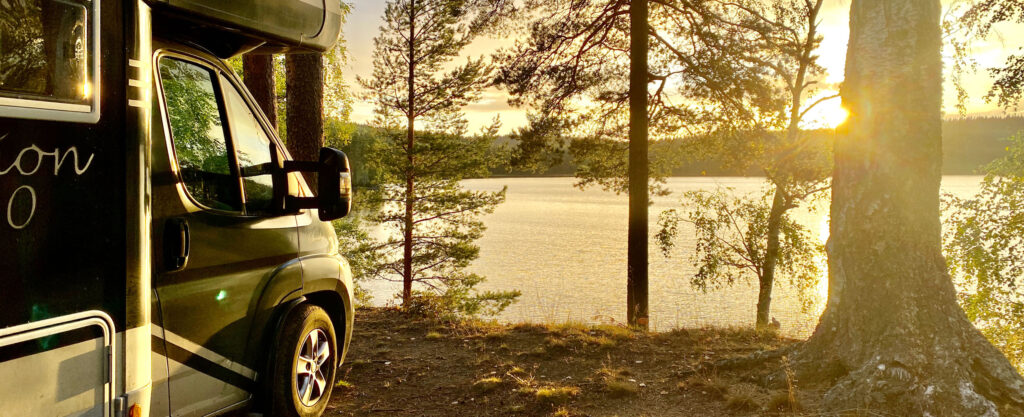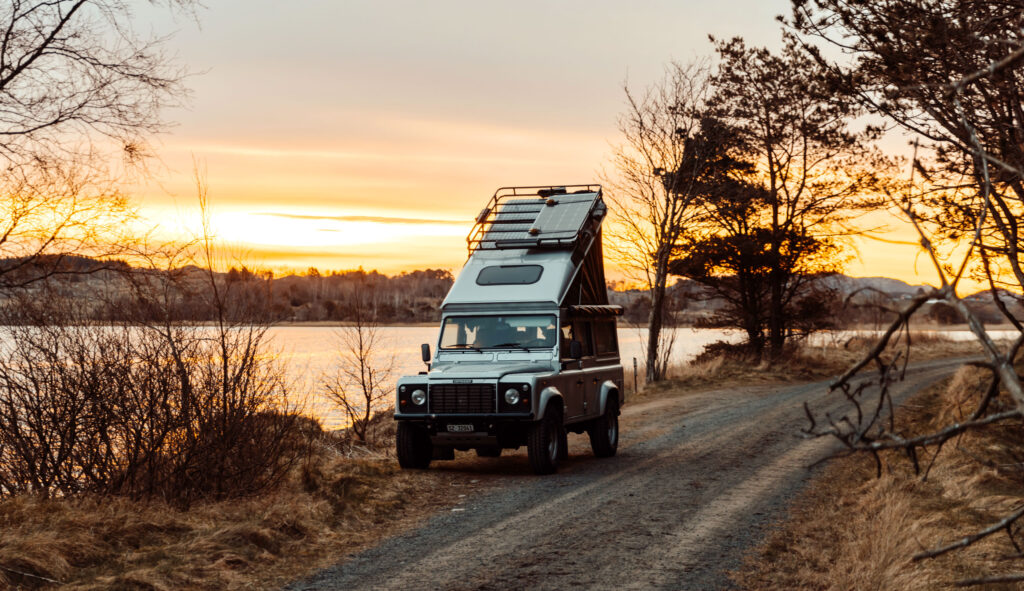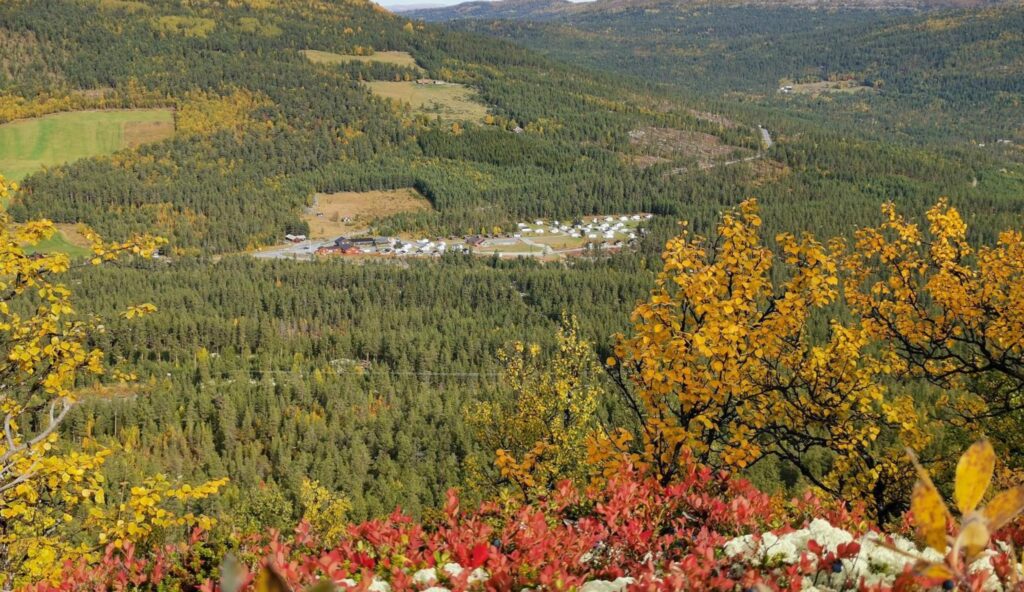50% discount for the first 100 vehicles: Only 10% service fee for one year. Register now!
Wild Camping in Europe
, Nov 3, 2023, Reading time: 20 min
Reading time: 20 min
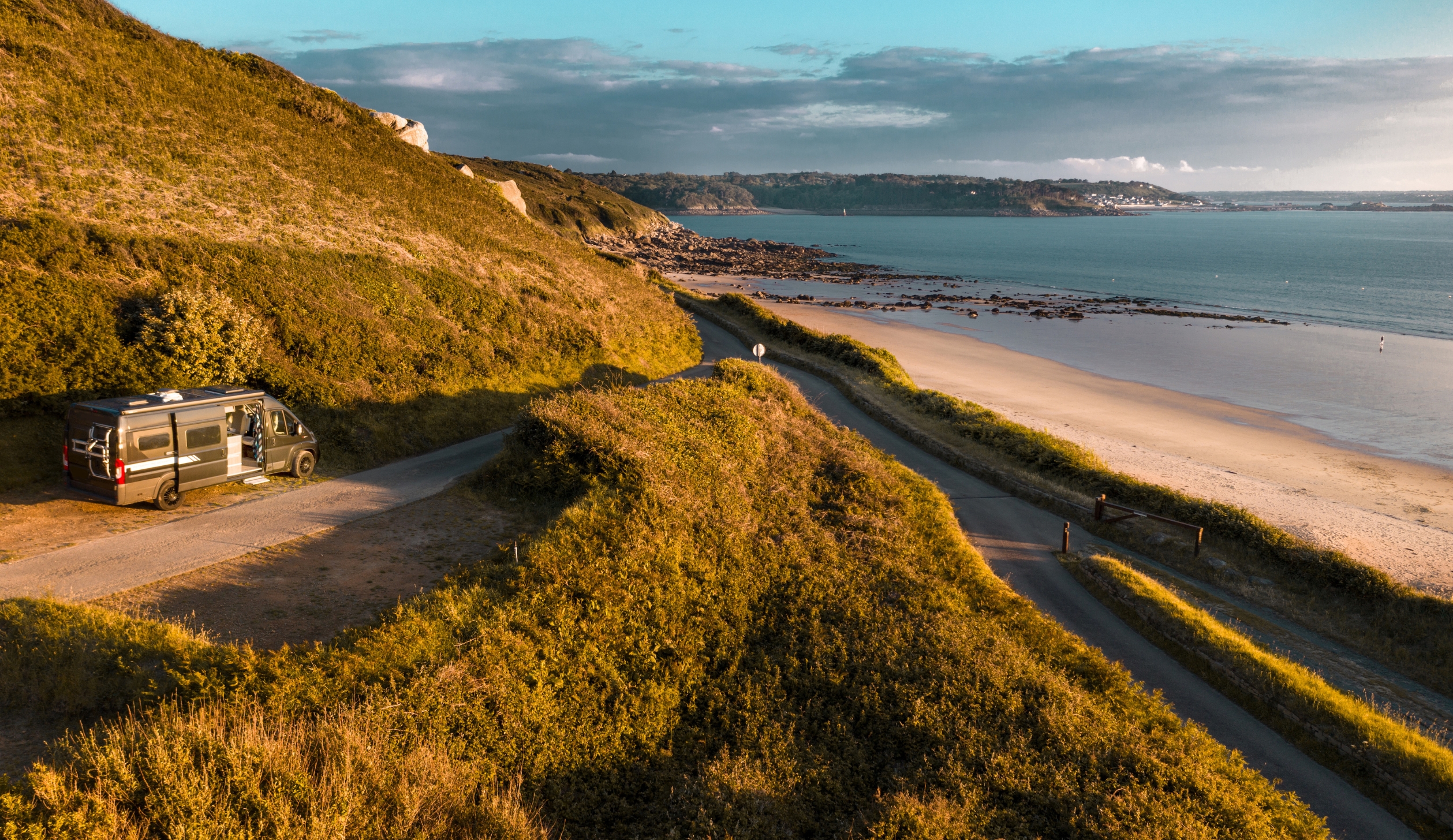
• • •
Wild camping in Europe is becoming increasingly popular among adventure seekers and nature lovers. Away from established campsites, this form of camping offers an intensive nature experience and the freedom to discover the untouched treasures of the continent. But what exactly does wild camping mean, what makes it so special, and where is it allowed in Europe? In this article, we’ll dive deeper into those questions and more.
What is wild camping?
Wild camping, also known as “free camping”, refers to camping outside of designated campsites, parking spaces, and away from tourist infrastructure. Unlike regular camping, where you spend the night in designated places with sanitary facilities and electricity, wild camping means that you look for a place to sleep far away from civilization. This can be in deep forests, in lonely mountain regions, on remote river banks, or even in fascinating coastal areas – always in the middle of nature and away from any crowds.
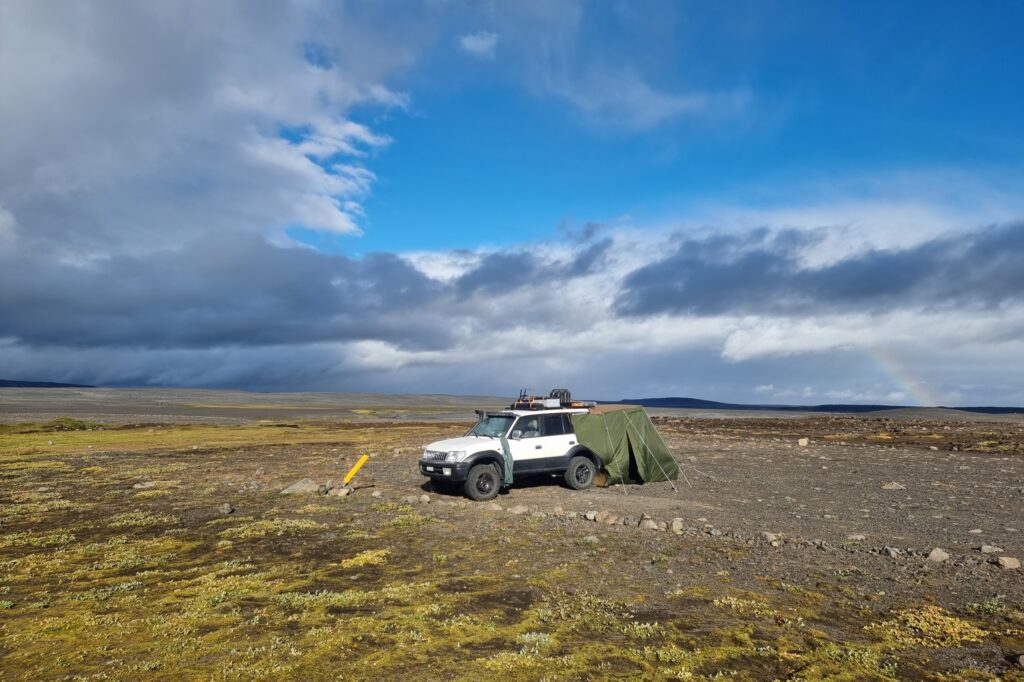
What is the difference between wild camping with a motorhome and wild camping with a tent?
Wild camping with a motorhome and wild camping with a tent differ in various aspects, and the same regulations do not always apply to both types of camping. The most obvious difference is the type of “shelter” used for camping. With a motorhome, you are mobile and have everything you need for sleeping, cooking, and relaxing integrated into one vehicle. This makes camping more convenient and offers more comfort. Additionally, camping with a tent requires more manual effort. You’ll need to set up the tent and may bring your own cooking utensils and camping gear.
Mobility is another aspect in which the two types of wild camping differ. With a motorhome, you can easily move from one place to another and explore different regions, whereas with a tent, you tend to stay in one place and are less flexible.
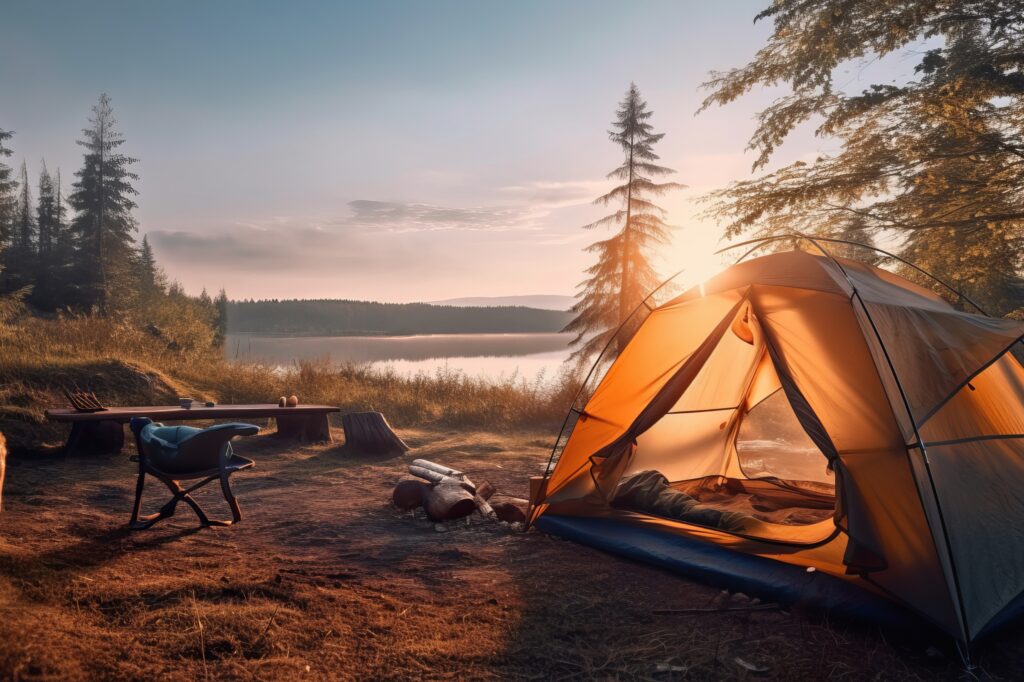
There are differences between countries and regions in terms of regulations. In some countries, such as Sweden, Norway, and Scotland, the “Freedom to Roam” or “Allemansrätten” grants the right to camp freely in nature. However, this does not necessarily apply to mobile homes. In other countries, wild camping with tents and mobile homes is equally prohibited, unless there is expressed permission or specially designated areas for this.
It is extremely important to know local wild camping laws and regulations, regardless of whether you are camping with a tent or an RV. It is particularly important to respect nature, dispose of waste correctly, and protect the environment. By camping responsibly and abiding by local laws, you can have a wonderful and unforgettable time in nature.
Where is wild camping allowed in Europe?
While wild camping with a tent or camper conveys several benefits, it also involves challenges and the need to take extra responsibility. As indicated, it is important to note that wild camping is not permitted everywhere in Europe, and can be punished with fines in some countries. Respect for nature and the environment is essential, and as a wild camper, one must not leave any lasting damage or garbage on the site. In this article, we are telling you more about the rules and tips for wild camping. Choosing a suitable place to sleep is also very important in order to protect the sensitive flora and fauna.
However, for nature lovers looking for authentic and adventurous experiences, wild camping in Europe offers a unique opportunity to create unforgettable memories and a deeper connection with nature. Worth mentioning again though, is that it requires a lot of responsibility and respect to preserve this experience not only for yourself, but also for future generations. To give you an overview of the regulations and rules in the various countries in Europe, we have summarized the local regulations for several European countries, so tag along while we go over it.
Wild camping in Switzerland
Laws and regulations
Wild camping is generally not permitted everywhere in Switzerland, as the country has strict laws to protect nature and the environment. However, according to the Civil Code, forests and meadows are accessible to everyone. This is where things get complicated: This regulation varies depending on the canton or municipality, as special regulations may apply depending on the area. Spending the night outside of designated campsites is only permitted with the express permission of the Property owner.
However, there are some exceptions that allow wild camping in certain regions. For example, in some cantons, “bivouacing” is permitted, which means that you can spend the night in the open air with a small tent or bivouac bag, as long as you stay away from settlements and hiking trails.
Similar rules apply to camping vehicles. Spending the night in a motorhome or caravan outside of official campsites is generally not permitted unless you have permission from the Property owner. Nevertheless, there are some exceptions, because in practice, sleeping overnight in the vehicle is usually tolerated. You can find out about different regulations in the individual cantons in the TCS wild camping overview.
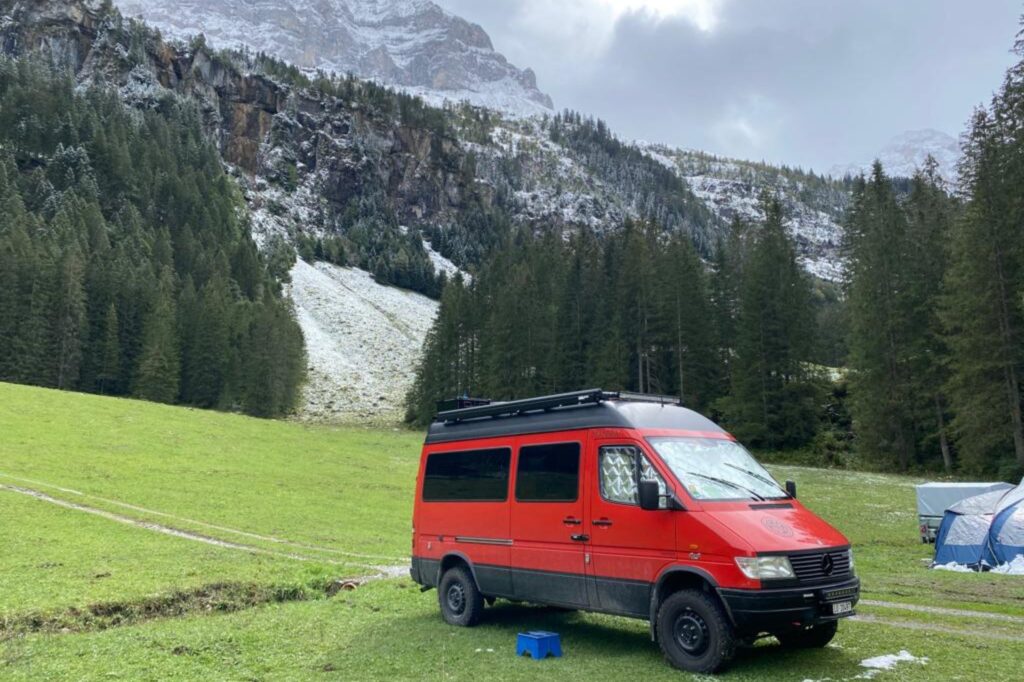
Good to know:
Wild camping is prohibited in some special regions in Switzerland, such as national parks and some hunting areas.
Rent the perfect camping vehicle for you and start your own camping trip.
Rent a motorhomeRent a campervanRent a caravanWild camping in Germany
Laws and regulations
As opposed to Switzerland, the rule in Germany is clear: Wild camping is not allowed in Germany. Spending the night in nature is against the law and can cost you dearly. The regulations are strict and aim to protect nature and the environment, as well as to protect the property owners.
These restrictions apply to both tents and camping vehicles such as motorhomes, camper vans, and caravans. So yes, it means that spending the night in the wild away from official campsites is therefore not permitted. But don’t worry, there are numerous campsites in Germany with a wide range of services for campers. By taking advantage of these legal opportunities, you will explore the beauty of Germany while contributing to nature conservation and respecting the laws.
Wild camping in Austria
Laws and regulations
If you want to go wild camping in Austria, you have to be careful, as wild camping is not permitted by law, unless you have express permission from the Property owner. And believe me, entering private property without permission can get you in real trouble – it will result in criminal prosecution.
However, there is a special exception. In the remote mountain regions, the “bivouac” law applies, similar to the one in France. This means that you can camp between sunset and sunrise – but only for a single night.
Again, spending the night in a mobile home or caravan outside of campsites is not permitted and is subject to strict controls and fines, and similar rules apply to wild camping with a tent. However, Austria has many brilliant campsites to offer, which are a tempting accommodation option for both nature lovers and city fans. So, treat yourself to a camping adventure, but always within the rules!
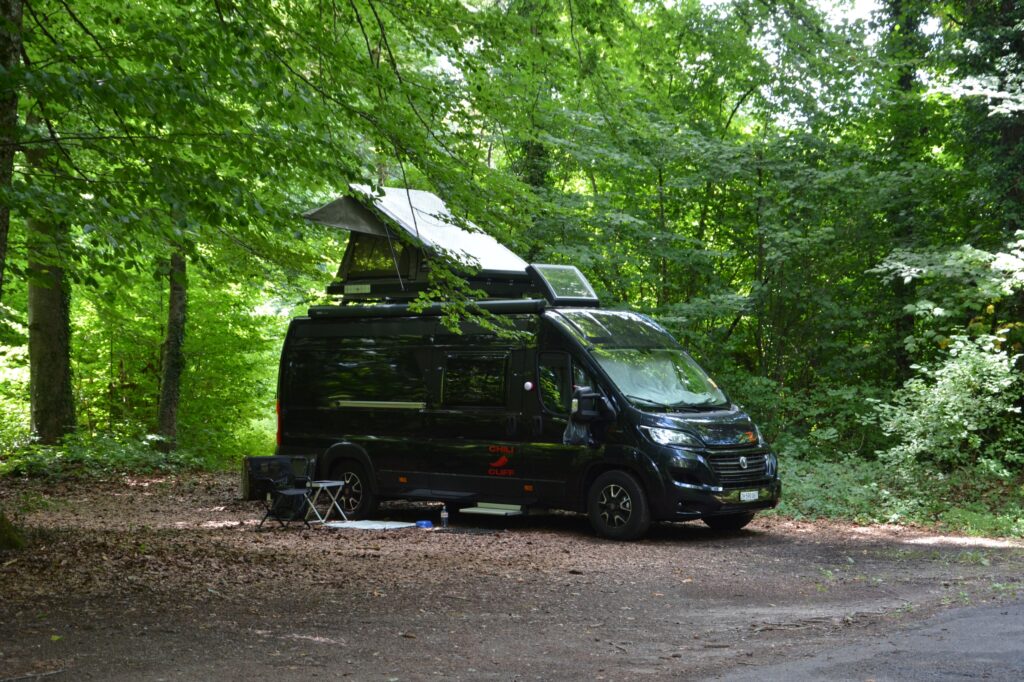
Wild camping in Italy
Laws and regulations
In Italy, wild camping with a tent is prohibited by law, and spending the night outside of campsites is considered an administrative offense that can be punished with fines. Italy wants to avoid uncontrolled wild camping, as the country means that it has a negative impact on nature and the environment. In order to protect the delicate landscape, it is therefore advisable to stay overnight in your tent in official campsites or in specially designated areas.
The same regulations apply to camping vehicles, meaning staying overnight in a motorhome or caravan away from campsites is not allowed. Fortunately, Italy offers a variety of beautiful campsites and natural agriturismos in various regions that guarantee a pleasant stay and provide an ideal base for exploring the surrounding area.
Wild camping in Croatia
Laws and regulations
Do you want to discover the wild side of Croatia while camping? Sounds tempting, right? However, wild camping is not allowed in Croatia. The rules are pretty strict, so if you go against them and camp away from official campsites (which you shouldn’t), it can become expensive. Not allowing wild camping is a measure taken by the country to protect its nature.
Wild camping is prohibited regardless of whether you would like to stay in a tent, motorhome, caravan, or camper van. Right, it does not matter what type of camping vehicle you have – you must always adhere to these rules. Wild overnight stays away from campsites are usually a no-go.
Luckily, Croatia has many beautiful campsites that offer first-class accommodation. Most of them are located on the stunning coast or in the beautiful inland, so you can still experience the full splendor of Croatia.
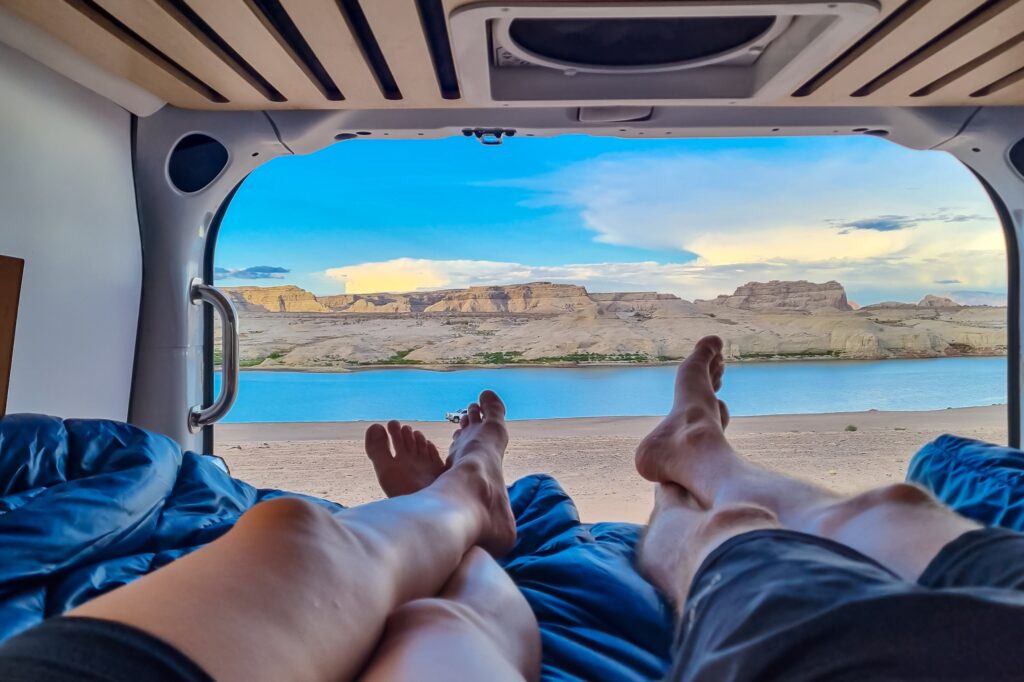
Wild camping in Spain
Laws and regulations
Spain has clear legal regulations regarding wild camping. It is not permitted to camp away from official campsites and violations are usually punished with high fines. However, there are some exceptions. Camping may be permitted in certain designated regions or on private land, provided you have the express permission of the Property owner. The strict environmental protection laws in Spain aim to protect fragile nature and the environment, which is why wild camping is not allowed. These regulations apply to both tents and all types of camping vehicles.
An interesting thing is that even though wild camping is generally not allowed, several campers in one place for long periods of time is not a rare sight in Spain. However, that is not recommended, and such sites are regularly cleared by the authorities.
Wild camping in France
Laws and regulations
If you want to go wild camping in France, you have to be careful, as the rules are not as straightforward as in many other countries. Essentially, wild camping with a tent is allowed – but not everywhere. So, how do you know what you are allowed to do and not? This is when the “Bivouac” law comes into play, similar to Austria. This means that you can camp between sunset and sunrise – but only for a single night. Sounds quite alright, huh?
But be careful! Private properties and nature reserves might have other rules, so make sure to always double-check your site, or you, your wallet, and nature might suffer. You should of course always respect other people’s privacy and leave no trace.
And what about your camping vehicle? Well, there are rules to follow here too, and they are actually the same as when wild camping with a tent. Wild overnight stays with a motorhome or caravan that do not take place on a campsite are only permitted if you adhere to the “Bivouac” regulations, which, again, means that you are allowed to camp between sunset and sunrise – just for one night.
France also offers a lot of fantastic campsites or free pitches that offer, serving as an excellent home during your adventures. Many believe that the camping sites in France are perfect starting points to explore the country and enjoy its beauty.
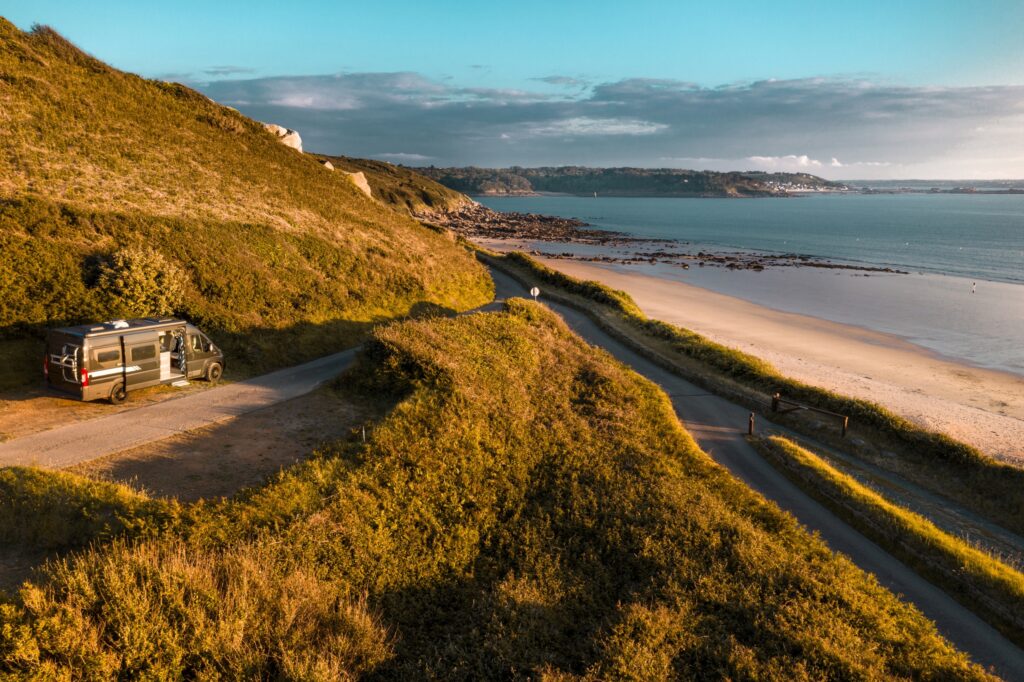
Wild camping in Portugal
Laws and regulations
Back in the day, Portugal used to be considered a popular wild camping country. Nowadays, things are a bit different, as wild camping is not officially permitted in Portugal and is strictly monitored. The country has strict laws to protect nature and the environment, so it is very important to stay overnight only at official campsites.
The regulations for camping vehicles are similar to those for tents. Spending the night in a mobile home or caravan far away from campsites is not permitted and can result in high penalties. Fortunately, there are numerous well-equipped campsites along the Portuguese coast and inland, offering comfortable and legal accommodation for camping lovers. By using these campsites, you can enjoy the beauty of Portugal, respect the laws in force, and also support the local economy.
Wild camping in Denmark
Laws and regulations
Do you want to go wild camping in Denmark? Unfortunately, this is not permitted by law. The regulations regarding wild camping in Denmark are strict and do not allow overnight stays outside of official campsites.
Spending the night in the wild is not permitted, regardless of whether that is in a tent or a camping vehicle such as a mobile home or a caravan. However, to fulfill your desire to go camping in Denmark, there are numerous official campsites with pitches and cabins, and even barbecue areas with official overnight permits, that offer you pleasant and legal accommodation.
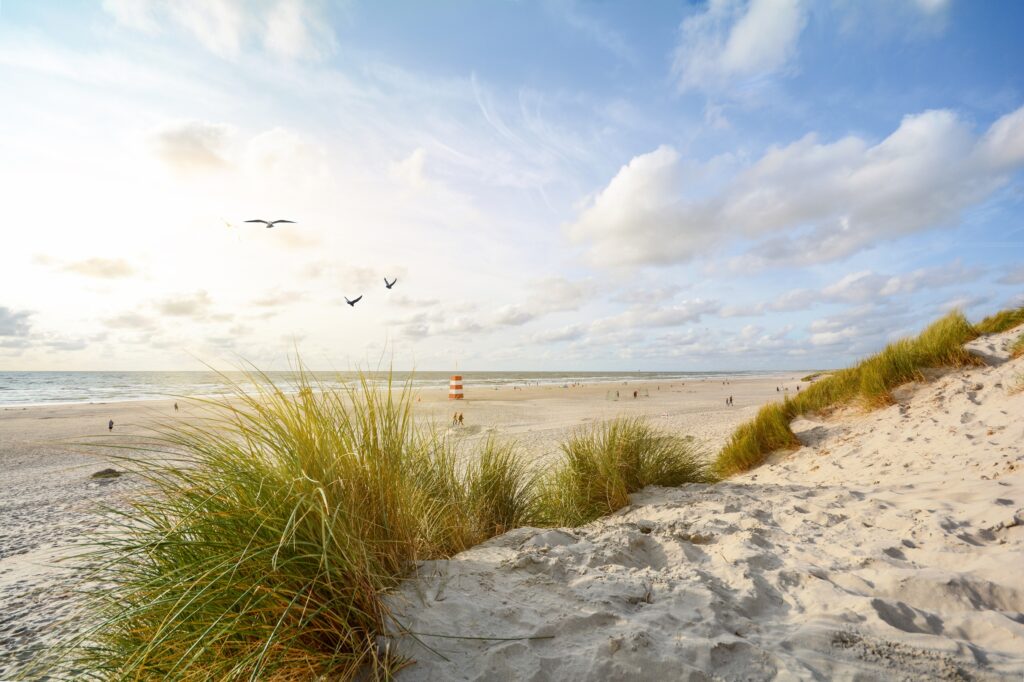
Wild camping in Norway
Laws and regulations
Norway allows everyone to enjoy the right of public access and to stay freely in untouched nature. The “Freedom to roam” allows wild camping in Norway, given that you treat the environment carefully and show consideration for other people and animals. It is important to leave no trace, dispose of trash properly, and respect the privacy of others. You should, however, make sure that you do not use nature reserves or areas near homes as wild camping spots.
Similar regulations apply to camping vehicles as to tents. Essentially, spending the night in a motorhome or caravan in the great outdoors is not prohibited, as long as you follow the same rules as when wild camping with tents. Even though there are not any regulations prohibiting wild camping with a motorhome, you can rest assured knowing that there are numerous official campsites in Norway that are well-equipped and make for a comfortable stay. These campsites not only offer great amenities but often also beautiful views of the surrounding nature.
Wild camping in Sweden
Laws and regulations
In Sweden, you can fully enjoy the “Right of Public Access” (which, in Swedish, is called Allemansrätten), which grants everyone the right to stay freely in the wonderful nature. This even means that you can camp in the Swedish nature, at least for a night. Even though wild camping is generally allowed, there are of course a few rules that you have to follow. This includes staying away from houses, respecting other people’s privacy, not damaging fences, and not leaving trash behind. It is also common practice to maintain a distance of at least 150 meters from inhabited buildings to protect people’s privacy.
It can be good to know that “Allemansrätten” and camping in nature mainly applies to tents and bivouac bags, as different rules apply when traveling with a camping vehicle. You are, for example, not allowed to drive and park off-road. There are, however, specially designated RV sites and rest areas at which you may stay for a night. You can also stay where you get permission from the property owner.
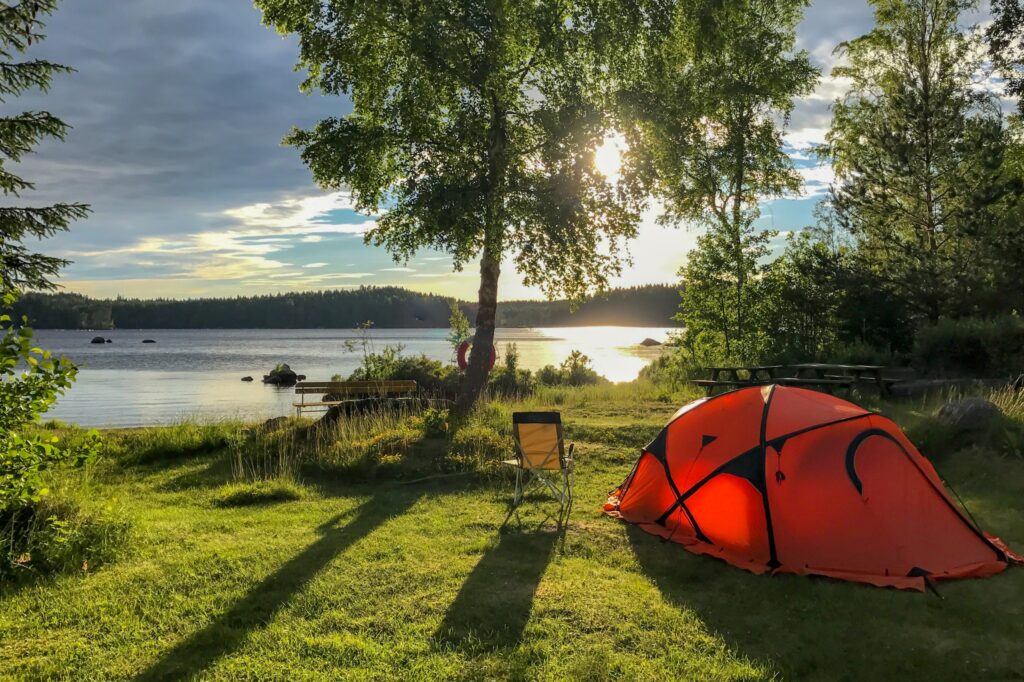
Wild camping in Finland
Laws and regulations
As is well known, the Right of Public Access (Jokamiehenoikeus) also applies in Finland, which, similar to Sweden and Norway, grants the right to camp freely in nature. Thus, wild camping is allowed in Finland as long as you follow certain rules. This means you can not stay near residential buildings and should respect people’s privacy. It is also advisable not to camp in nature reserves in order to protect the sensitive environment.
The same rules apply to camping vehicles as to tents. Spending the night in a motorhome or caravan in the great outdoors is generally tolerated as long as you respect the environment and other people. However, the Right of Public Access essentially only refers to camping with a tent, and there are no defined regulations for mobile homes. Do not worry though, there are many official campsites in Finland that offer good infrastructure and often sauna facilities. An appreciated opportunity is having the option of staying in a simple cottage with a toilet and barbecue area in the middle of nature, which you can use free of charge.
Wild camping in Great Britain & Scotland
Laws and regulations
In the UK and Scotland, wild camping is not permitted everywhere, but there are certain areas where it is allowed. In Scotland you have the “Right to Roam”, which allows you to camp freely in most unpopulated areas as long as you respect nature and the environment. This includes not littering, leaving no traces, and maintaining a distance of at least 30 meters from paths and houses. However, there may be restrictions in some national parks and protected areas. In England, Wales, and Northern Ireland, the law on wild camping is somewhat stricter and it is generally not permitted to camp outside of campsites.
However, different regulations apply to camping vehicles than to tents. In Scotland, spending the night in a motorhome or caravan outside of campsites is not allowed. At the same time, the so-called “Codex” allows you to spend the night in parking spaces or parking bays where there is no sign prohibiting camping. You are only allowed to spend the night in such places, but not to put out chairs, extend awnings, etc. In other parts of the UK, staying overnight at official campsites is common practice. If you prefer to go wild camping though, it is always advisable to check in advance where wild camping is allowed to avoid any possible inconveniences.
Good to know:
When in doubt about the legal situation and whether you are allowed to spend the night in the wild, always ask relevant authorities or local law enforcement officers. Thus, you will receive the most up-to-date information.
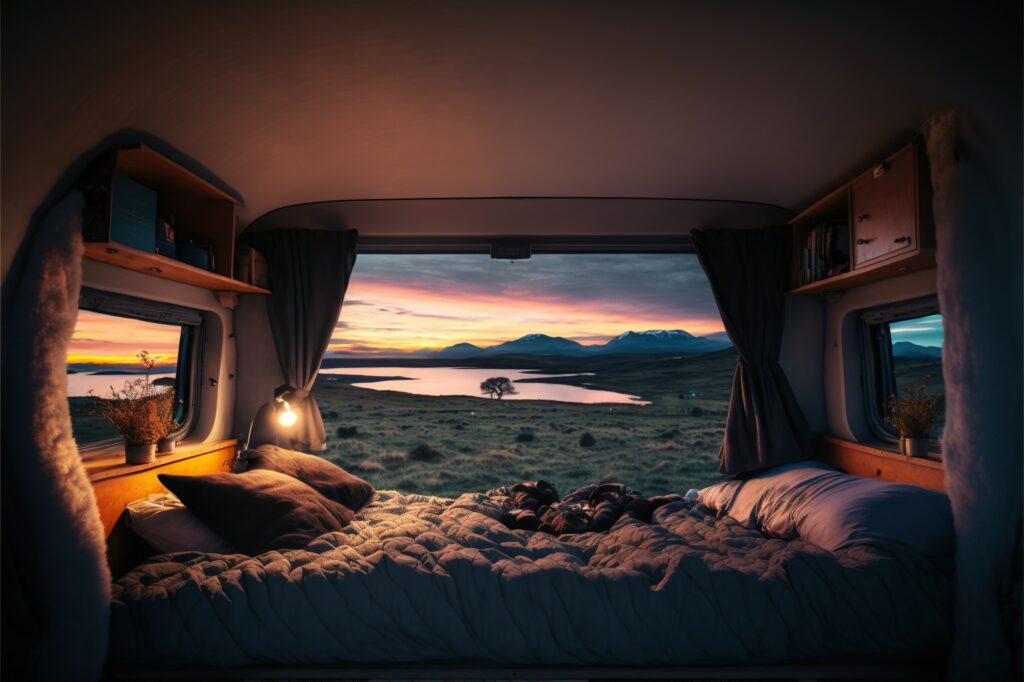
Wild camping in Holland
Laws and regulations
In the Netherlands, the laws are very clear and unfortunately, they say that wild camping with a tent is not allowed. If you don’t camp at official campsites, you can be penalized with hefty fines. The laws might as well be like this, as the country is very densely populated and options for wild camping would be really limited if it was allowed. But hey, don’t worry! Instead, the Netherlands has a really well-developed network of campsites that are available to camping lovers, providing very comfortable accommodations.
Similar rules apply to camping vehicles as to tents. Simply staying with your motorhome or caravan outside of the campsites is not permitted. But don’t panic – there are special parking spaces that are run by municipalities or private providers and are available specifically for mobile homes and caravans. So, you can still have a casual camping trip in the Netherlands!
Wild camping Belgium
Laws and regulations
Wild camping is also not permitted in Belgium. Just as in its neighbor Netherlands, the laws are quite strict, and sleeping away from official campsites is not allowed. It is important to note the legal consequences of violating this rule, including possible fines.
Unfortunately, this regulation applies to both staying in a tent and in a camping vehicle. While overnight stays away from campsites are generally prohibited, Belgium offers a wealth of official campsites that provide you with appropriate accommodation. Whether you want to explore the coast or inland, there are many legal camping options that allow you to discover the beauty of Belgium.
Conclusion
In summary, wild camping with motorhomes is not explicitly permitted in most European countries. In the Scandinavian countries, the “Right of Public Access” applies exclusively to camping with a tent or bivouac, and is limited to one night. When in doubt, make sure to ask local authorities, and follow our tips below.
Wild camping tips
If you’re embarking on a wild camping adventure, here are some useful tips that can help you have an unforgettable experience. Please note, however, that wild camping is not permitted everywhere and you should be informed beforehand about the specific laws and regulations in the respective countries.
- Research and Planning: Before you travel, find out about the laws and regulations regarding wild camping in the countries you want to travel to. You should be aware of wild camping not being permitted everywhere and that some countries have strict environmental protection laws designed to protect nature and the environment.
- Apps for wild camping spots: There are some apps that can help you find suitable wild camping spots. Apps like “Park4night” or “iOverlander” are particularly popular and offer a wealth of information about free overnight accommodations. However, such apps have major disadvantages: they are neither official nor do they automatically meet the legal regulations in the respective countries. You should see these apps as useful guides, but not as official, super-certain, sources. Also, while these apps help ensure that the most beautiful places are available to EVERYONE, they may result in numerous unknown treasures becoming freely accessible and losing their uniqueness.
- Respect nature and the environment: When wild camping, make sure you respect nature and the environment. Leave no trace, dispose of your waste properly, and follow local environmental protection regulations.
- Safety first: Make sure you camp in safe areas and be aware of potential hazards such as uneven terrain, flooding, or wildfires.
- Respect property rights: Make sure you do not camp on private property or protected areas unless you have express permission from the property owner or the responsible authority.
- Keep it simple: Wild camping is about experiencing nature and the simplicity of camping. Thus, we would like to recommend that you enjoy the freedom and independence that wild camping offers you.
Remember that wild camping can be a special experience, but it also comes with great responsibility.
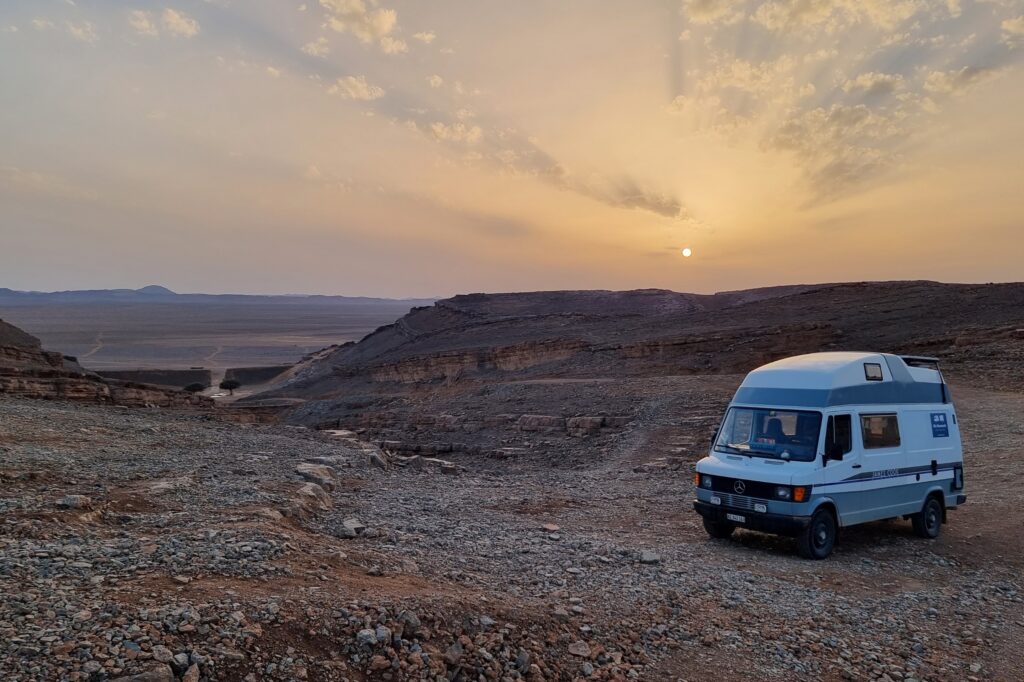
Wild camping: the most beautiful places
The most beautiful places for wild camping are often the ones you discover on your own. Imagine getting out on an excursion and stopping at a place you suddenly come across, at which you will spend your night. In some regions of Europe, wild camping in remote and untouched areas with a tent is allowed, as long as you respect nature and leave no trace. These regions often offer breathtaking scenery and unique natural experiences that will enchant you.
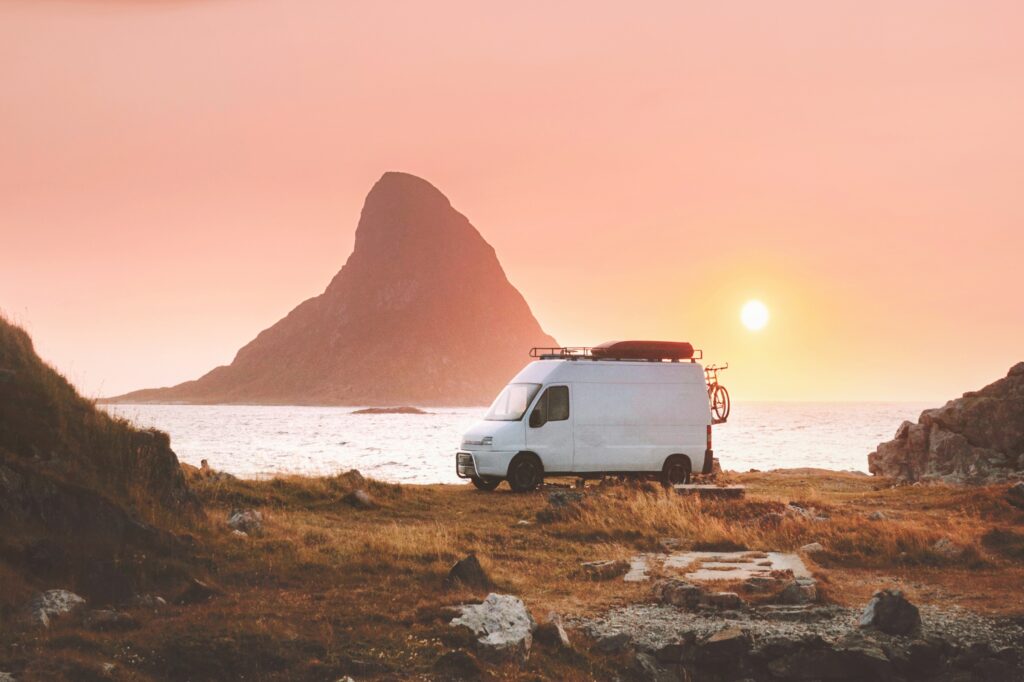
As already mentioned, some countries, such as Sweden, Norway, Scotland, and Finland, grant the so-called “Right of Public Access” or “Allemansrätten”, which gives you the right to freely roam and camp in nature. These regions are known for their pristine forests, lakes, and mountains, giving you an unparalleled wild camping experience.
It is important to preserve the beauty of these wild camping regions by all of us treating nature responsibly and not sharing our discoveries too obviously. The less known these hidden treasures are, the longer they can retain their magic and be preserved for generations to come. So, keep nature’s treasures secret and enjoy the unforgettable moments of wild camping in the remote regions of Europe. Happy camping and discover the beauty of nature on your own!
You can rent a suitable camper for your adventure now on MyCamper.
I hope that this summary of the regulations on wild camping in different European countries and tips will come in handy and contribute to a great camping experience for you, no matter where it is.
Newest articles
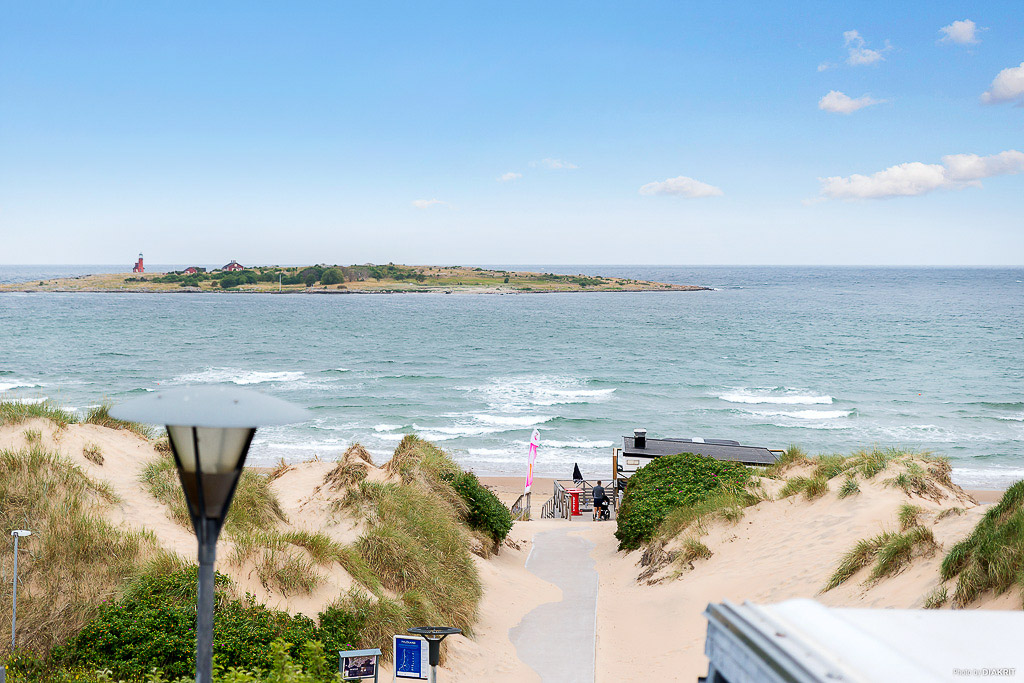
Camping in Halmstad and southern Sweden: Your guide to the best campsites and nature experiences
Halmstad’s honestly kind of a hidden treasure on Sweden’s west...
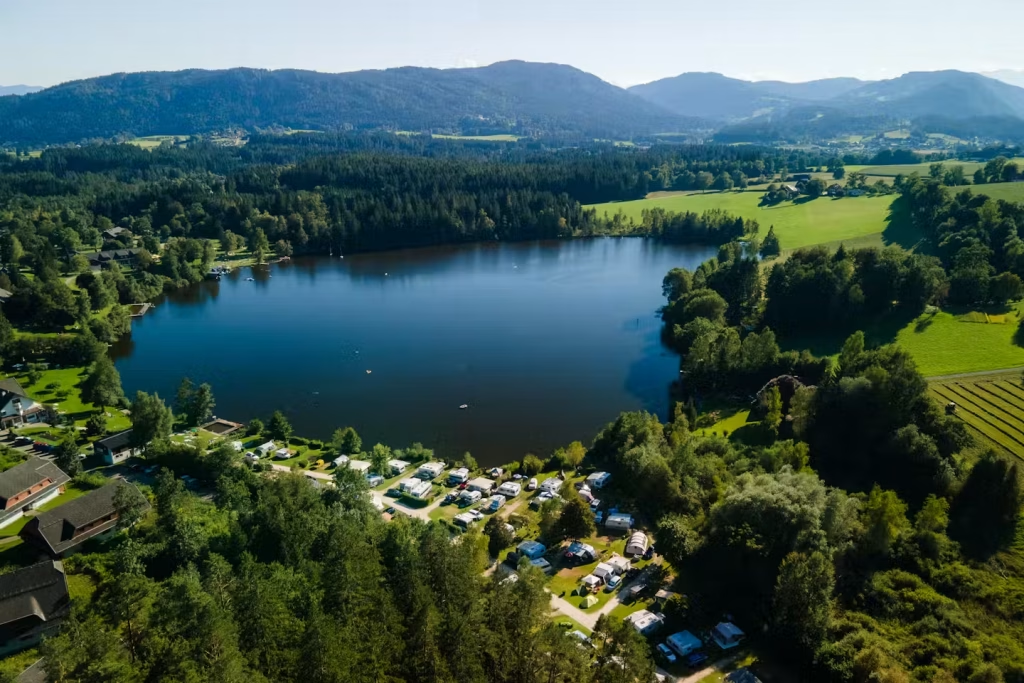
Camping in Carinthia: The best campsites and day trips for your Austrian camping holiday
Carinthia, Austria’s southernmost province, is a true paradise for campers....
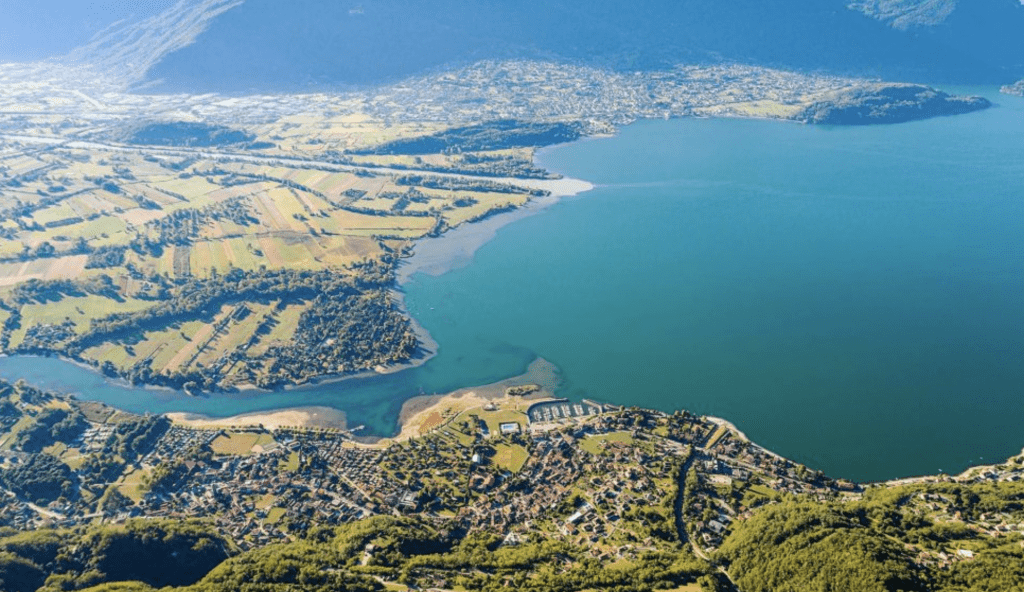
The 8 best campsites on Lake Como
Warming sun rays, a light breeze caressing your face, and...
